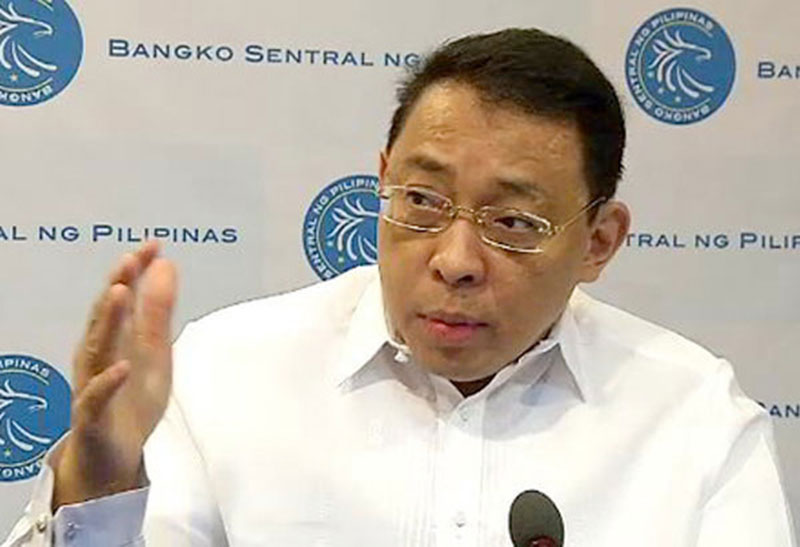Philippines: Tax reform to boost growth – BSP
MANILA, Philippines – The proposed tax reform package of the Department of Finance (DOF) will have a positive impact on the country’s economic growth, according to a senior official of the Bangko Sentral ng Pilipinas.
BSP Deputy Governor Diwa Guinigundo expressed support for the DOF’s proposed Comprehensive Tax Reform Program.
“The BSP supports very strongly the enactment of the DOF proposed tax measures,” Guinigundo said during a Senate hearing on the proposed tax reform program.
Guinigundo said the implementation of the first package of the CTRP would contribute an additional 0.6 percentage point to the country’s GDP growth in 2017, and 0.2 percentage point in 2018.
“Lowering the income tax and corporate tax will translate immediately to higher consumption and, in the part of the government, infrastructure, human development and social protection for the poor. That’s the impact, immediate consumption and investment,” Guinigundo said on the sidelines of the hearing.
The BSP official explained lower personal and corporate income taxes would “incentivize” more factories and businesses to produce and invest more, particularly in goods and infrastructure.
As such, he said the increased capacity and production would moderate price movements.
“When potential capacity increases because of infrastructure and spending on social protection, it would have an impact on your inflation in the sense that more people will be able to produce and there is more potential capacity to produce. So in the presence of better supply conditions, price movements will be moderated,” he said.
Guinigundo said the BSP estimates inflation rate to go up by 0.5 to 0.7 percentage point in the next two years with the implementation of DOF’s proposed tax reforms. This is on top of the BSP’s projection of 3.3 percent inflation this 2017 and three percent in 2018.
On the other hand, estimates from the DOF show higher increase in inflation rate once the first package of the CTRP be implemented.
Meanwhile, more than just raising revenues for the government, the Department of Finance (DOF) yesterday used climate change as an argument to hike the excise tax on fuel.
The excise tax on fuel is considered one of the more controversial items in the revised tax reform package submitted by the DOF to Congress because of its impact on diesel, which is considered a socially-sensitive product.
In his presentation, Finance Undersecretary Karl Kendrick Chua noted the increase in the excise tax rate on fuel would now be staggered over three years instead of the immediate hike of six percent upon the approval by Congress as contained in the original draft.
This means if the hike is approved, a P3 per liter increase in the excise tax would be applied starting the second half of this year.
In 2018, the excise tax would go up to P5 and then to P6 per liter in 2019. Chua said there would be an annual indexation of four percent starting 2020 except if Dubai crude exceeds $100 per barrel.
Concerns were raised by Senators Joseph Victor Ejercito and Sherwin Gatchalian on the impact of the hike on inflation, particularly on the public transport fares and the price of food.
Gatchalian said that there is a need to have more conclusive estimates on the impact on fares and the price on goods.
Ejercito expressed concern there would be a domino effect on the price of all goods, which in the end would affect the working class the most.
Chua downplayed the inflationary impact of the excise tax hike on fuel, specifically diesel, which he said was negligible.
As far as jeepney fares are concerned, Chua said that the DOF projects a mere P0.21 increase in the minimum fare with the P3 per liter excise tax hike in the second half of this year.
“We think this is a far better measure than doing blanket exemption on diesel where majority are accruing to the rich,” Chua said.
Source: http://www.philstar.com/business/2017/02/01/1667746/tax-reform-boost-growth-bsp


 Thailand
Thailand




